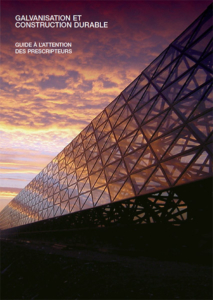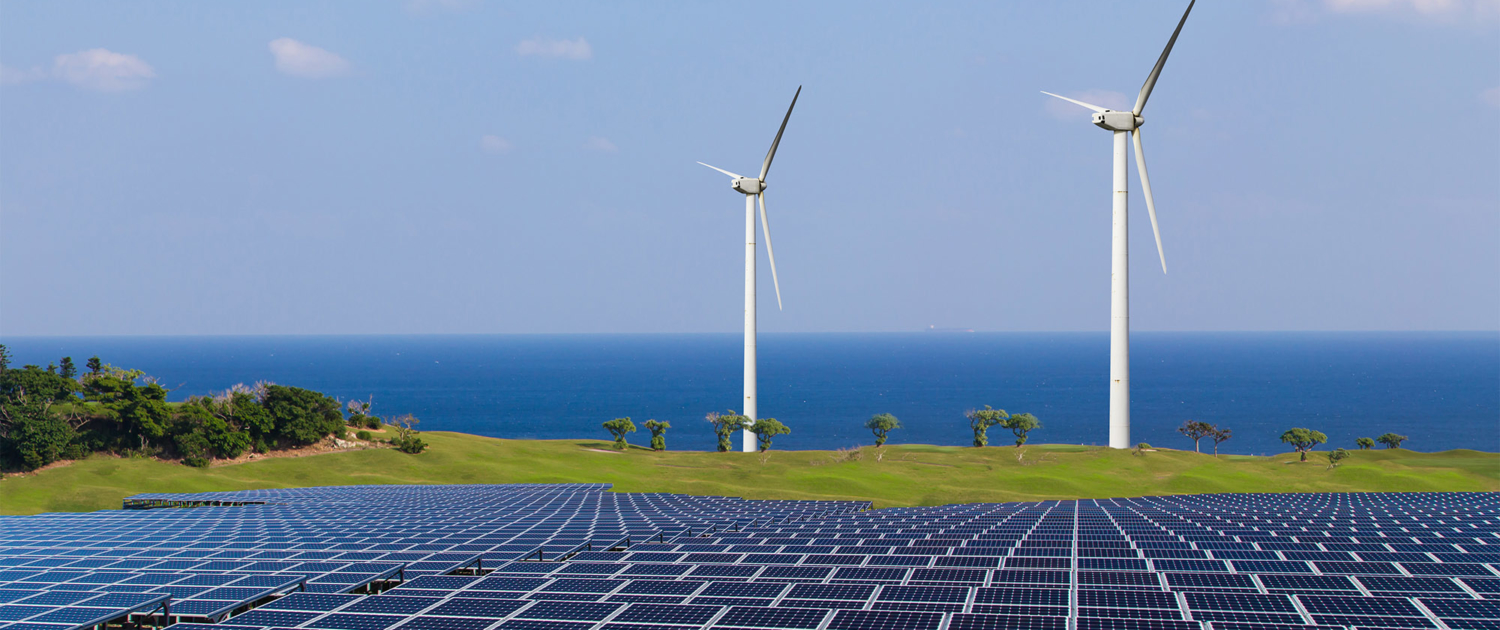SUSTAINABLE DEVELOPMENT, CORPORATE SOCIAL RESPONSIBILITY, SOCIAL RESPONSIBILITY FOR COMPANIES, CSR…WHAT DOES ALL THIS MEAN?
CSR (Corporate Social Responsibility) combines all practices implemented by companies with a view to complying with the sustainable development principles – i.e. being economically viable, having a positive impact on society and being more co-friendly. In a nutshell, it represents “the companies’ contribution to Sustainable Development challenges”.
Sustainable Development means striving to meet present needs without jeopardising our ability to satisfy those of future generations (Brundtland report)
Each hot-dip galvanisation unit owned by the Louis Group is part of the large family of Installations Classified for the Protection of the Environment (ICPE) – the functioning of which is subject to prefectoral authorisation. Compliance with the environmental code is part of an ICPE’s basic DNA.
In our view, adhering to environmental legislation is not limited to applying regulations – it goes far beyond that, and is part of an overall development approach. Simultaneously, the Louis Group actively contributes to making European regulations evolve.
Sustainable development & respect for mankind
With Sustainable Development being possible only if mankind is respected too, the Louis Group has also developed its infrastructures and resources to guarantee employee safety and health when on site.
Day in, day out, in partnership with our suppliers and service providers, we endeavour to strengthen our management methods for new or waste chemicals. As such, we are able to reduce dangerous situations and risks of accidents. Our proportion of recyclable waste has increased year after year.
The development or renovation of our various factories required new tools: energy and environmental factors were leading criteria when drafting the specifications.
Our hundred-year-old family company is investing more and more in each of its sites, to optimise operations. If a practice implemented in one of the production units shows optimal satisfaction, we encourage its generalisation within all other units – always in compliance with technical, energy-related and environmental requirements.
Generally speaking, we strive for continuous improvement when it comes to protecting both people and the environment. Staff training is at the very heart of this policy, regardless of job status.



